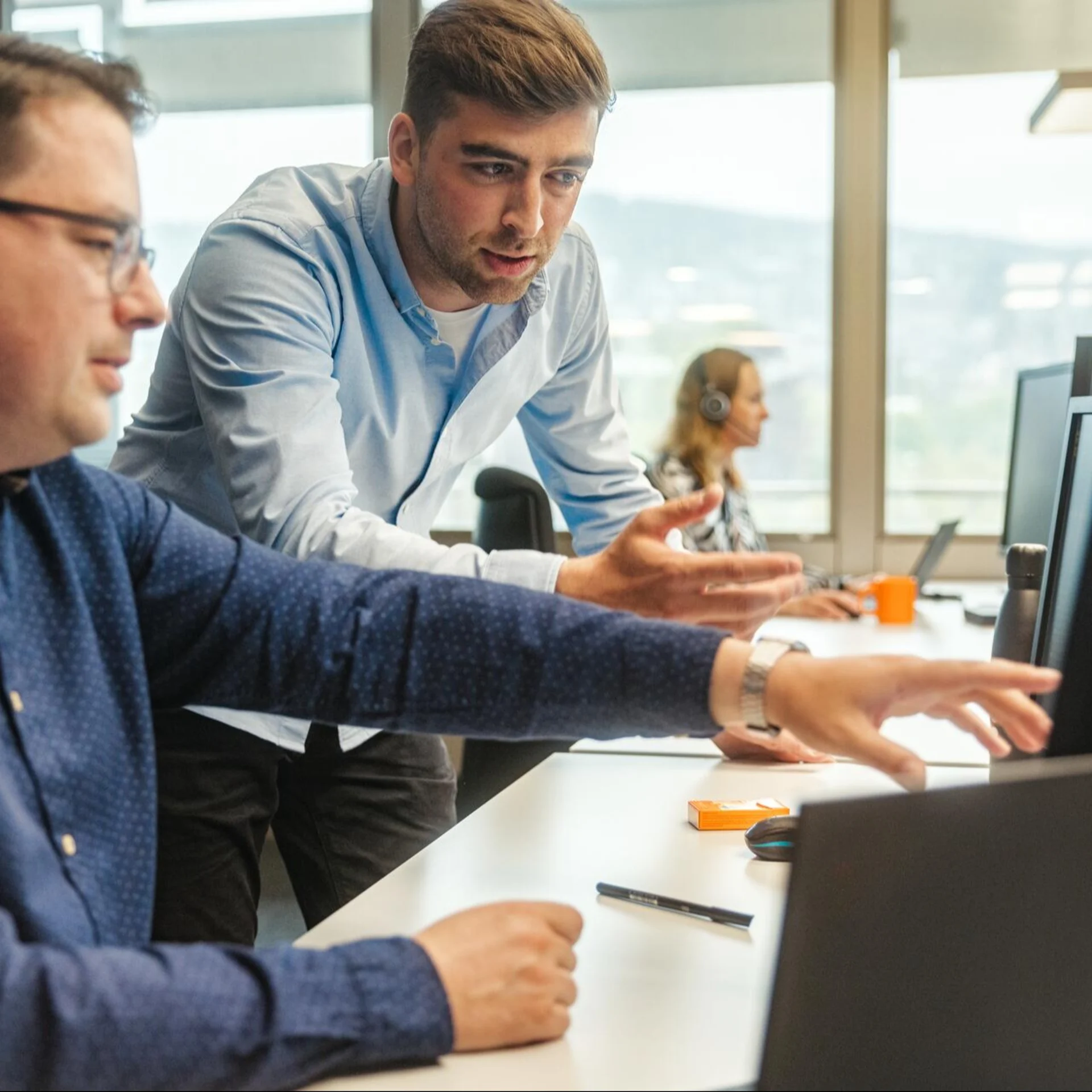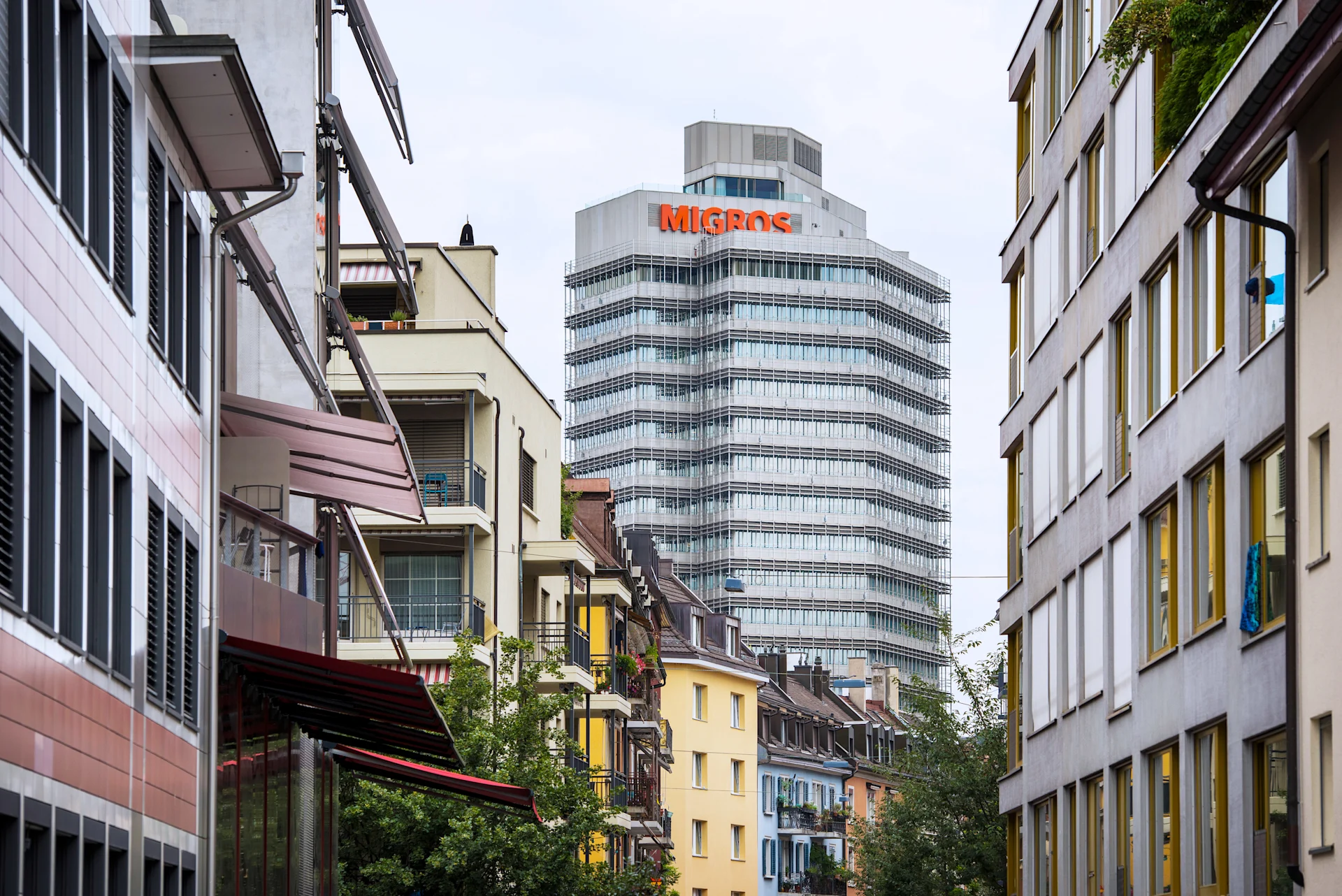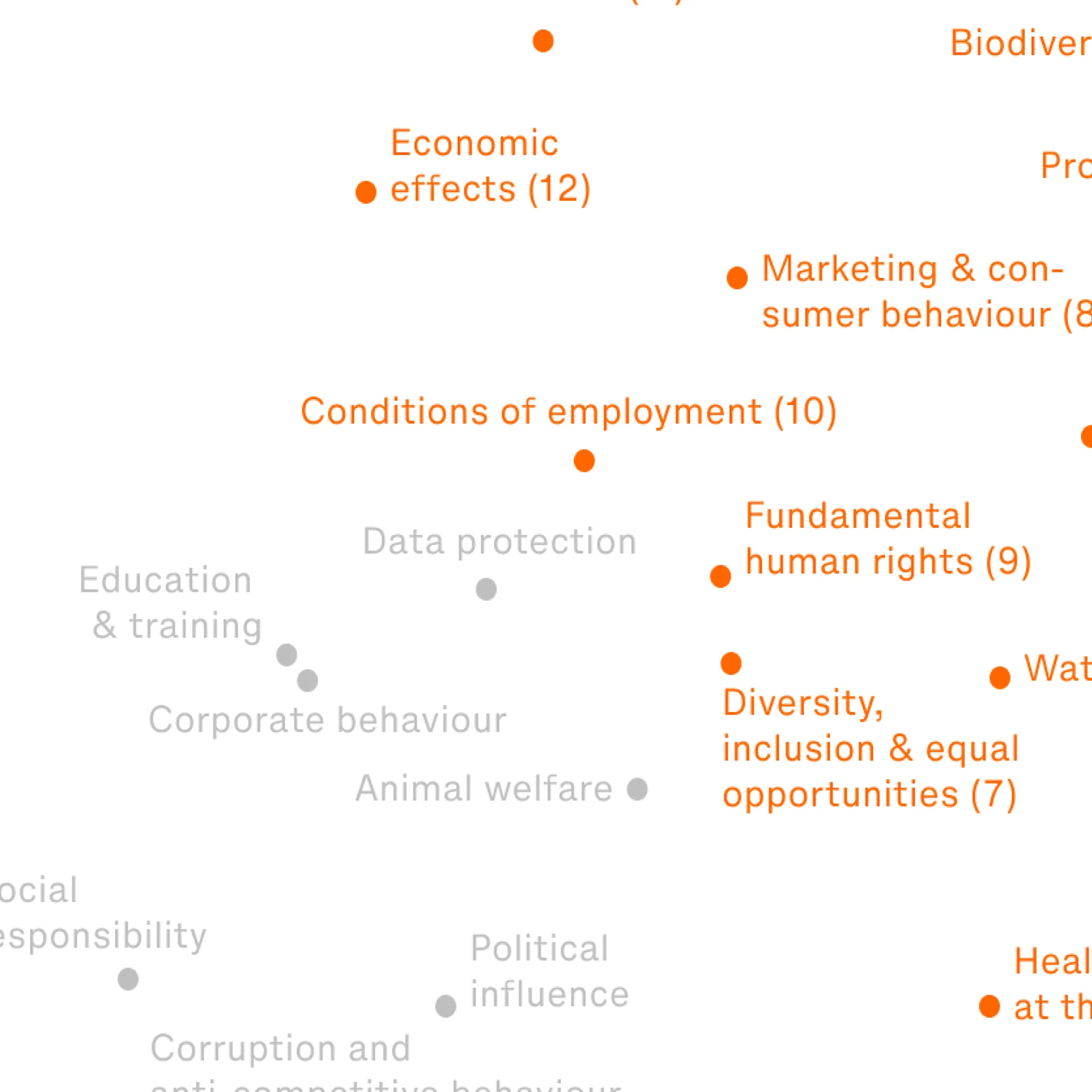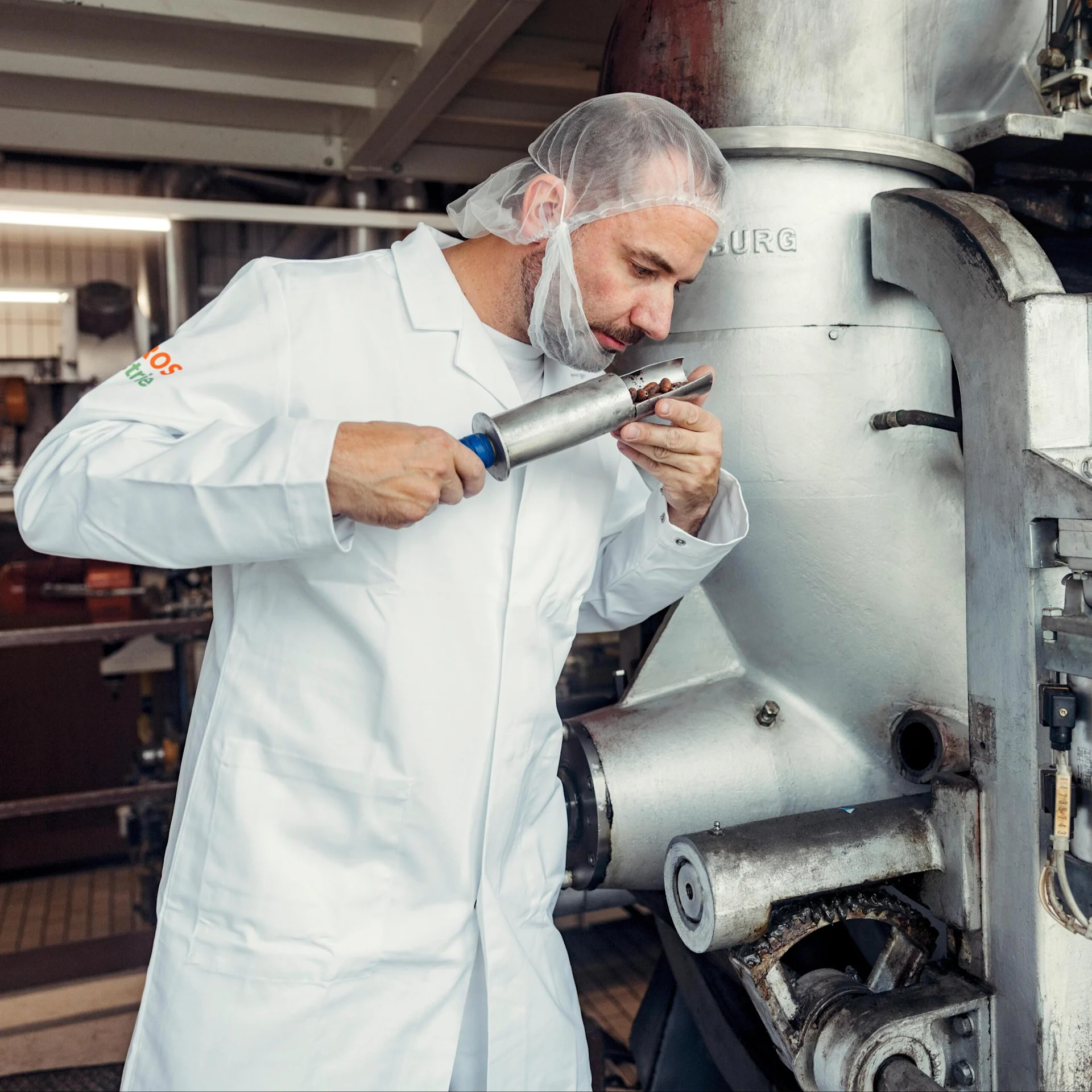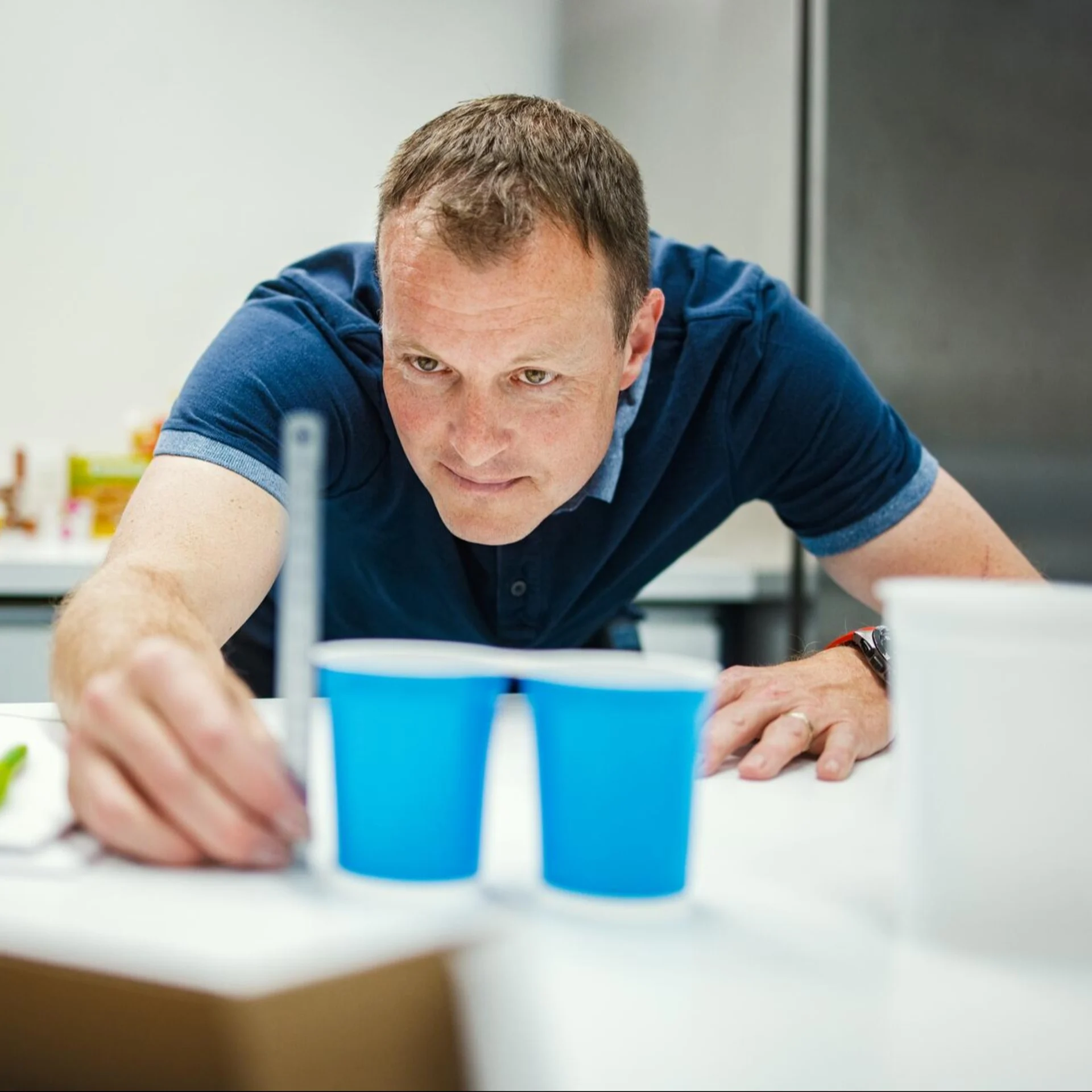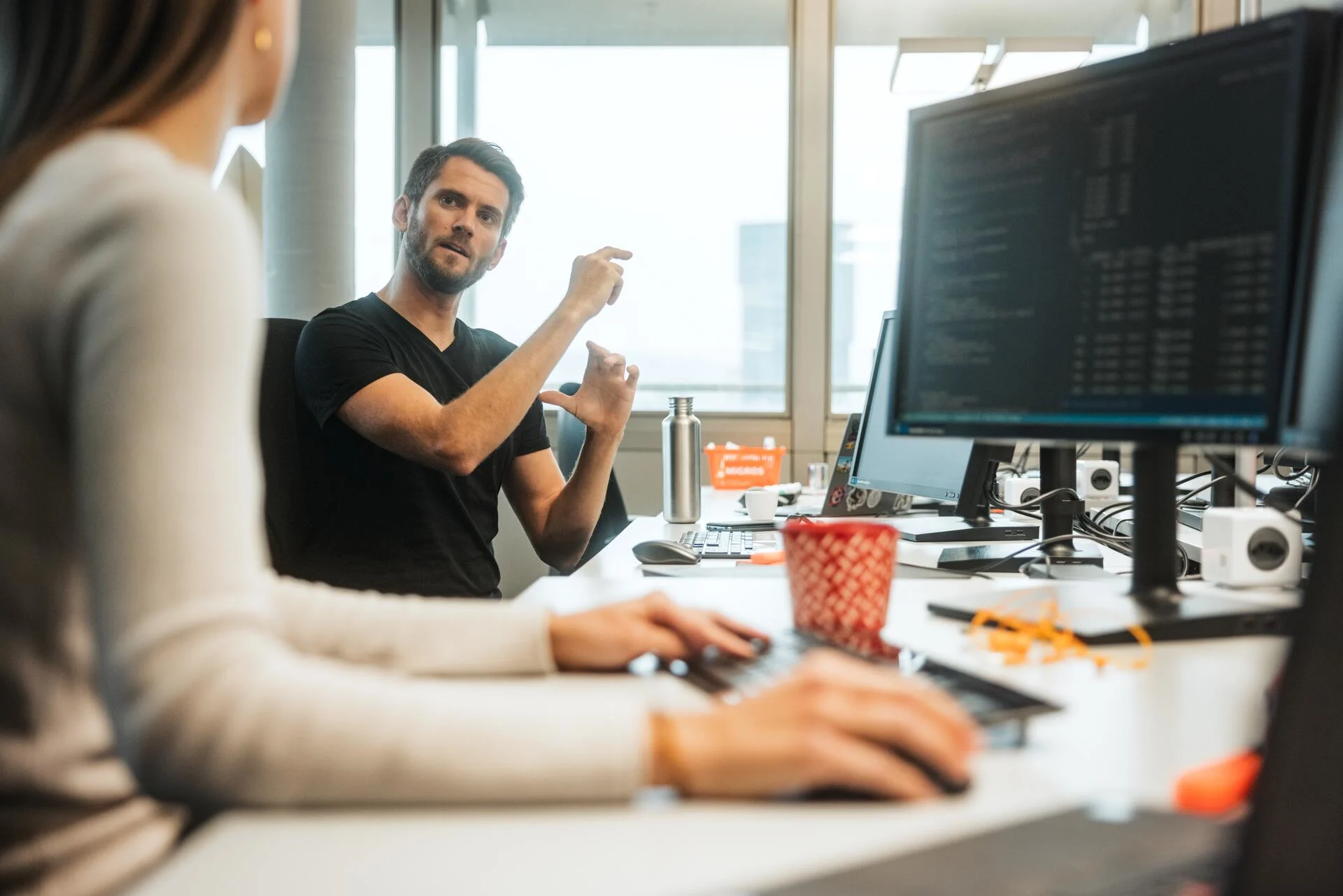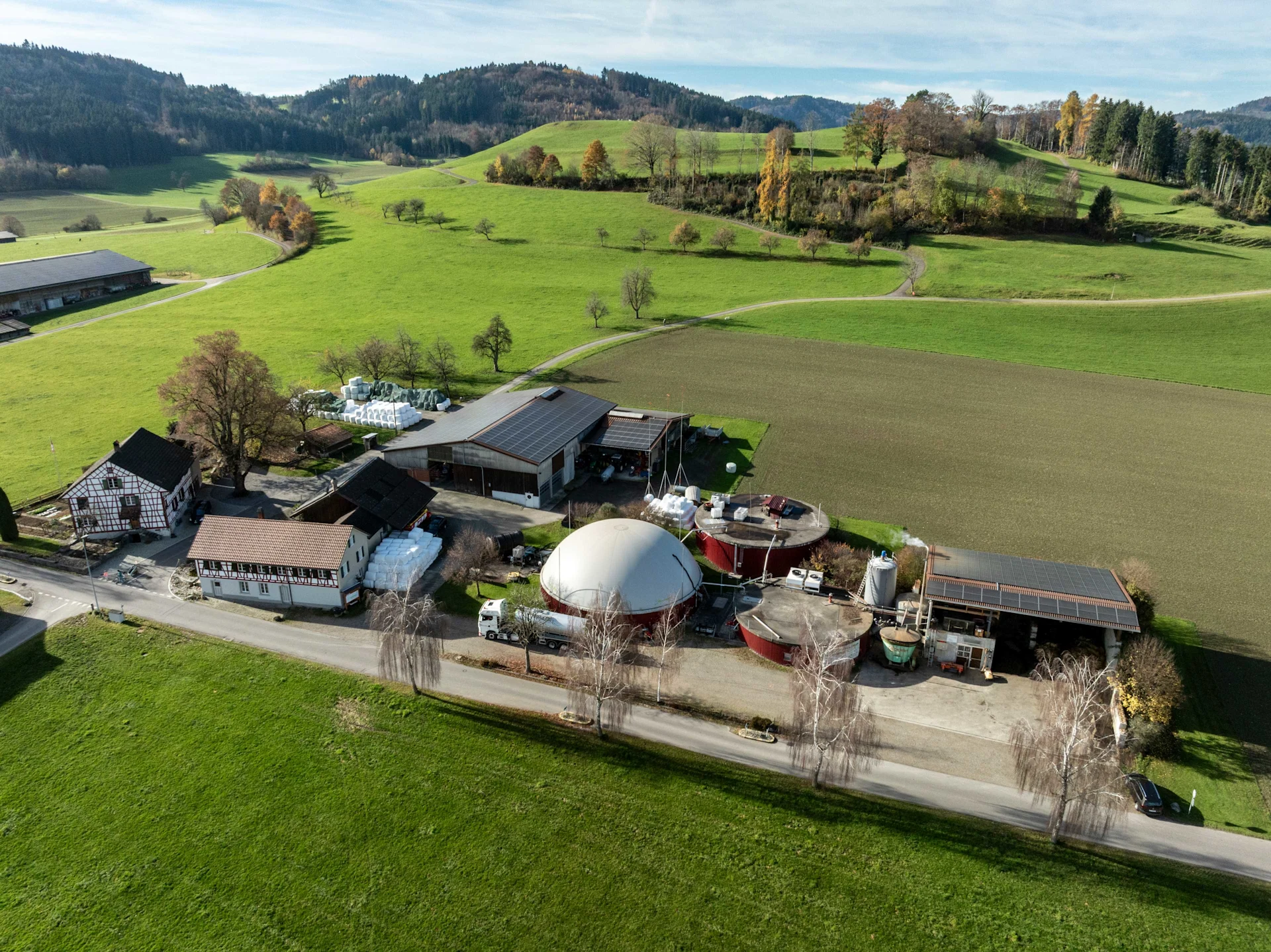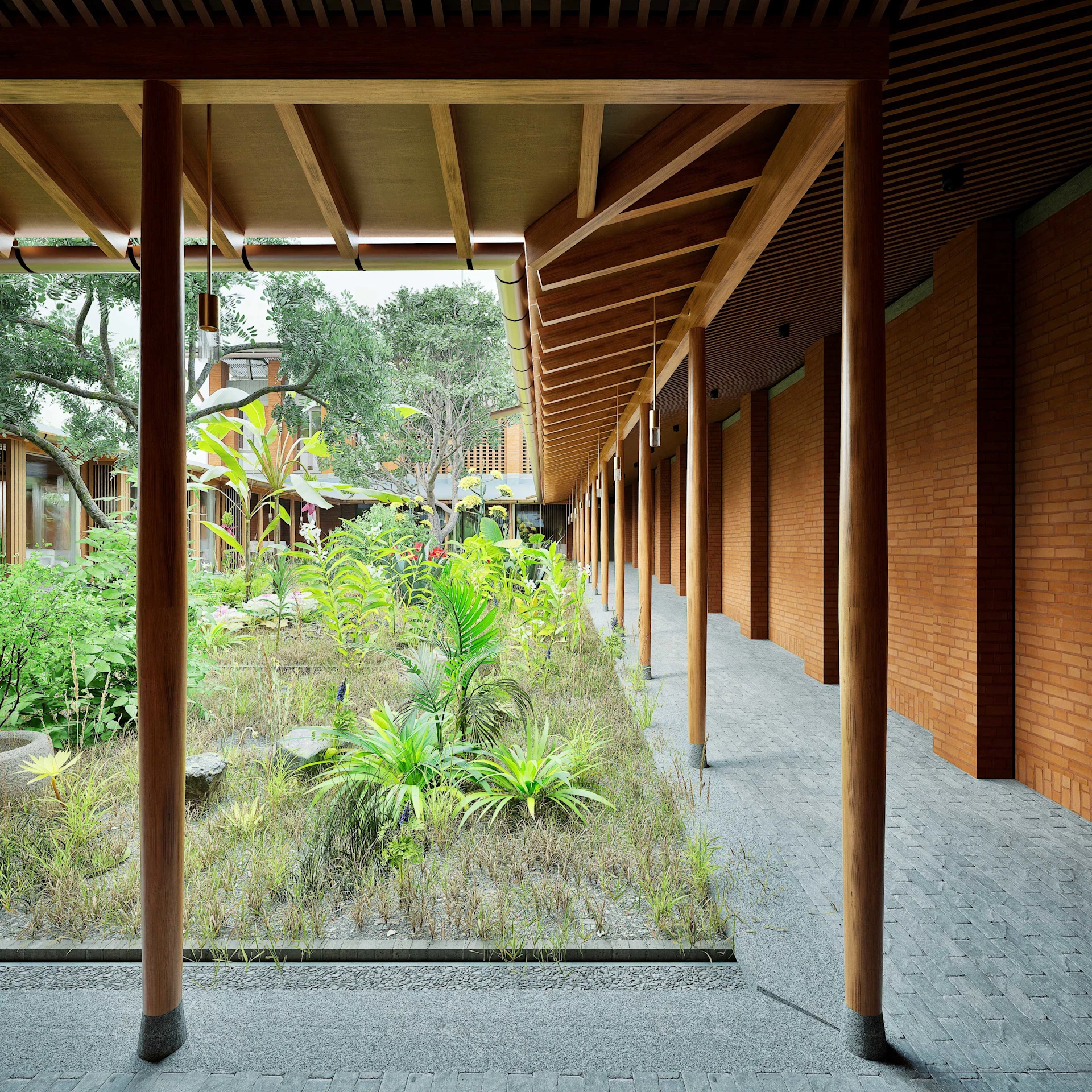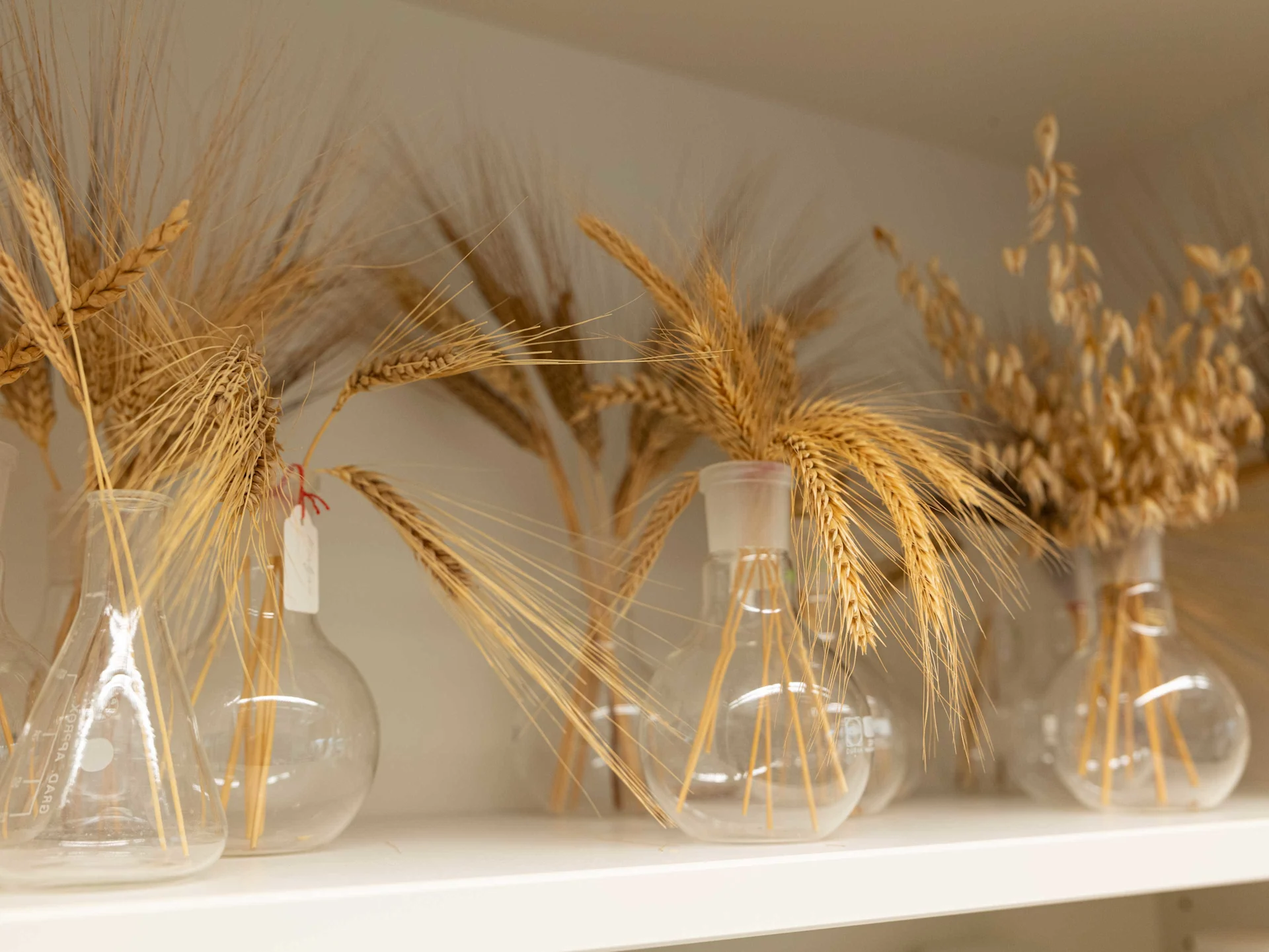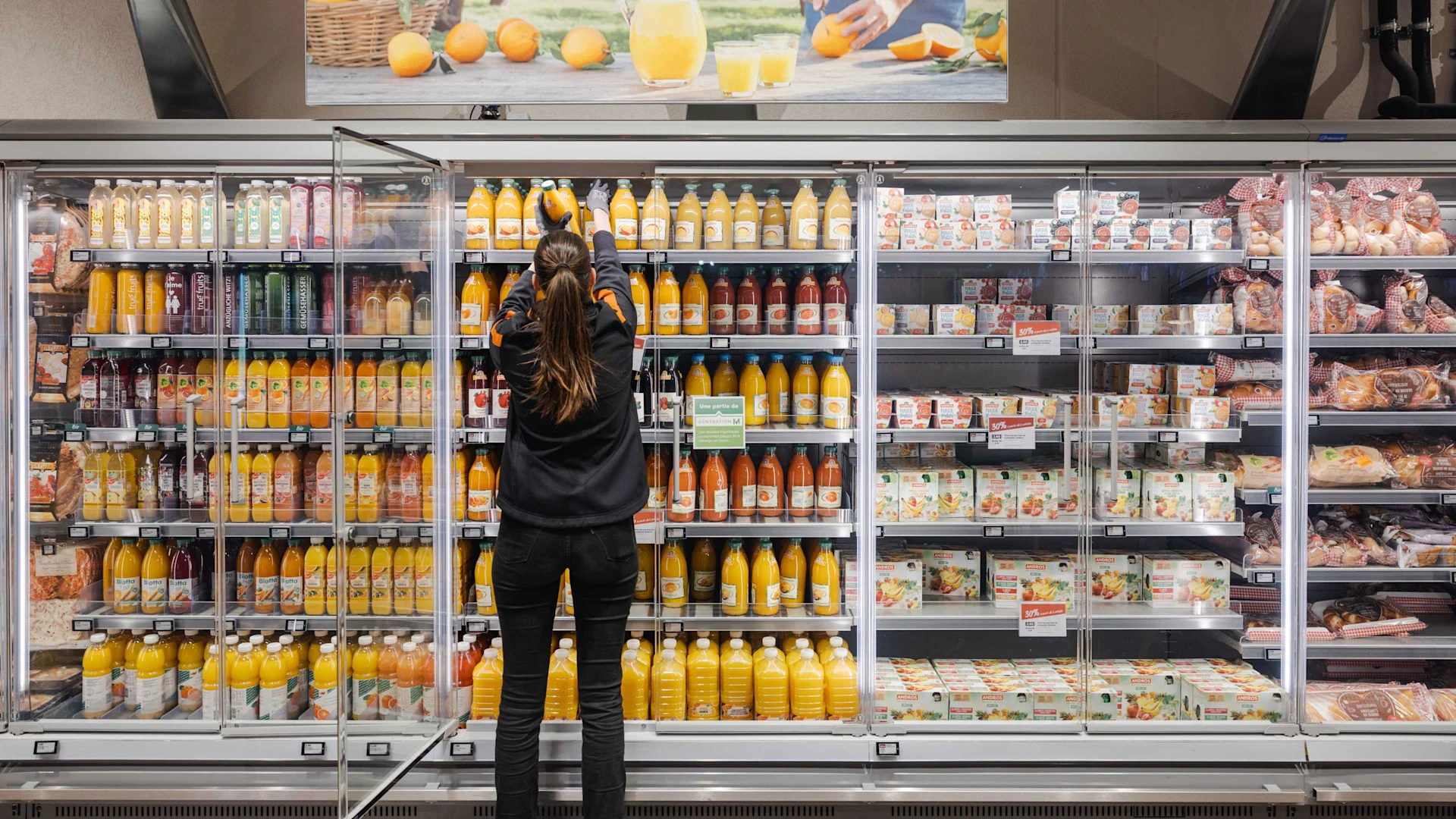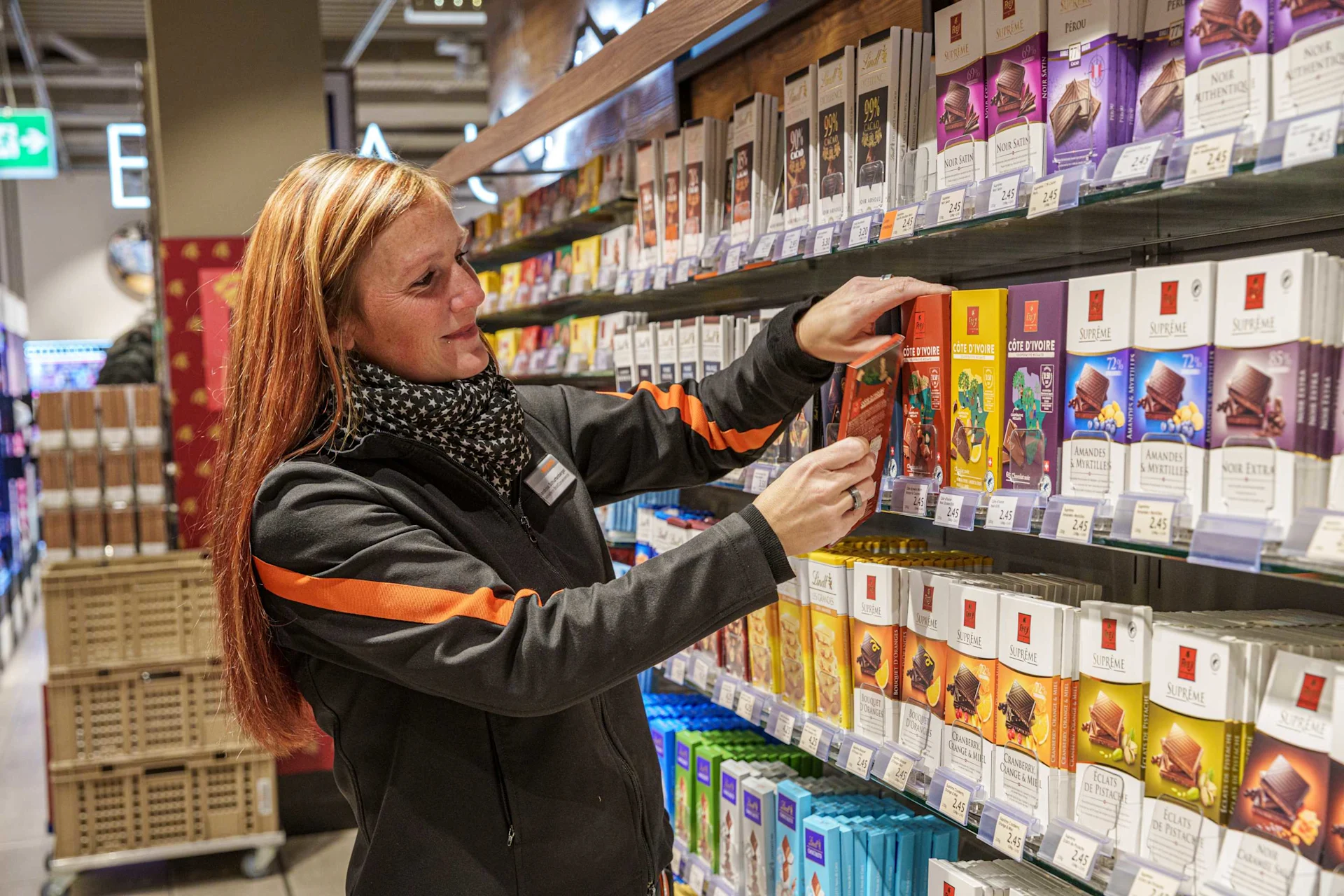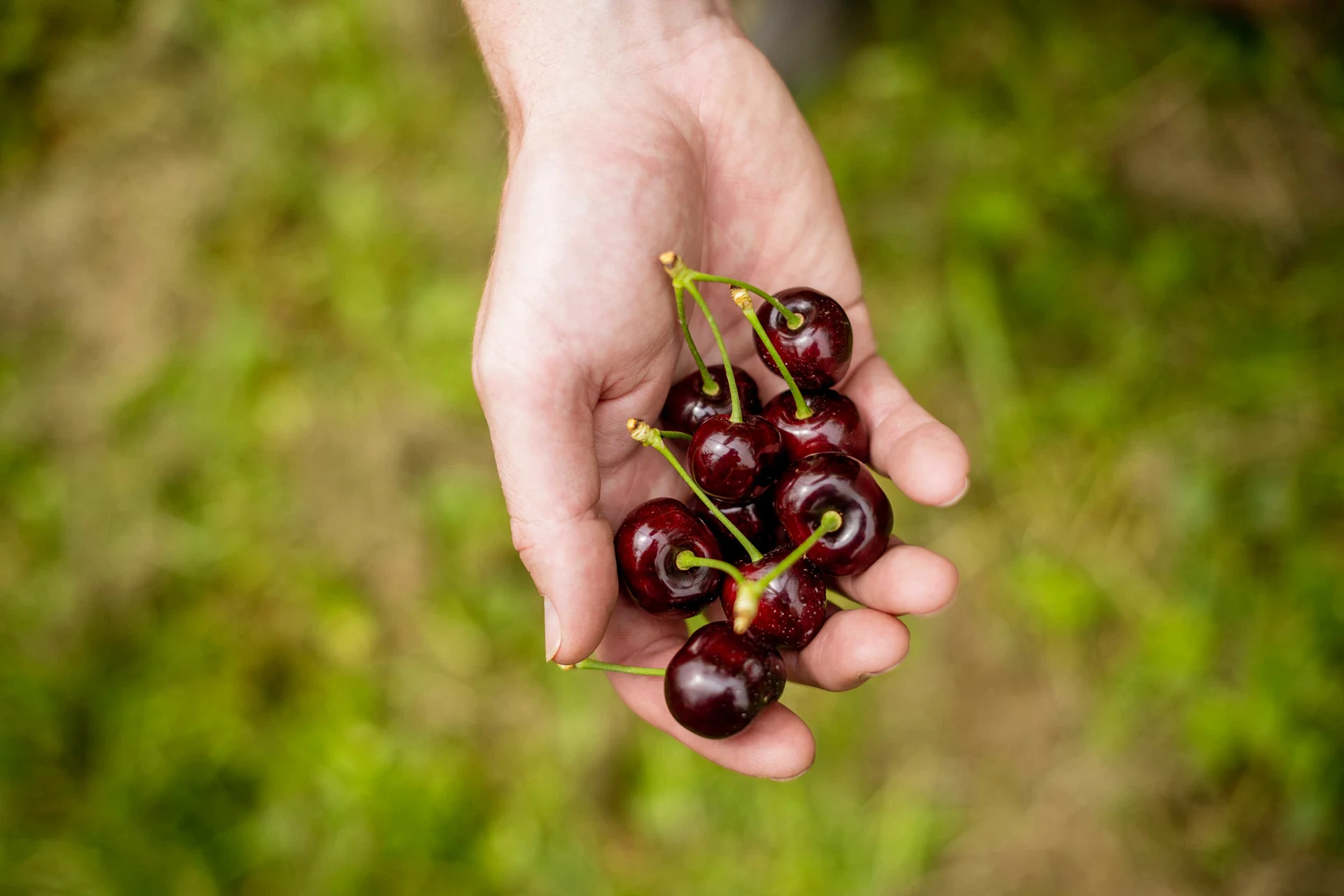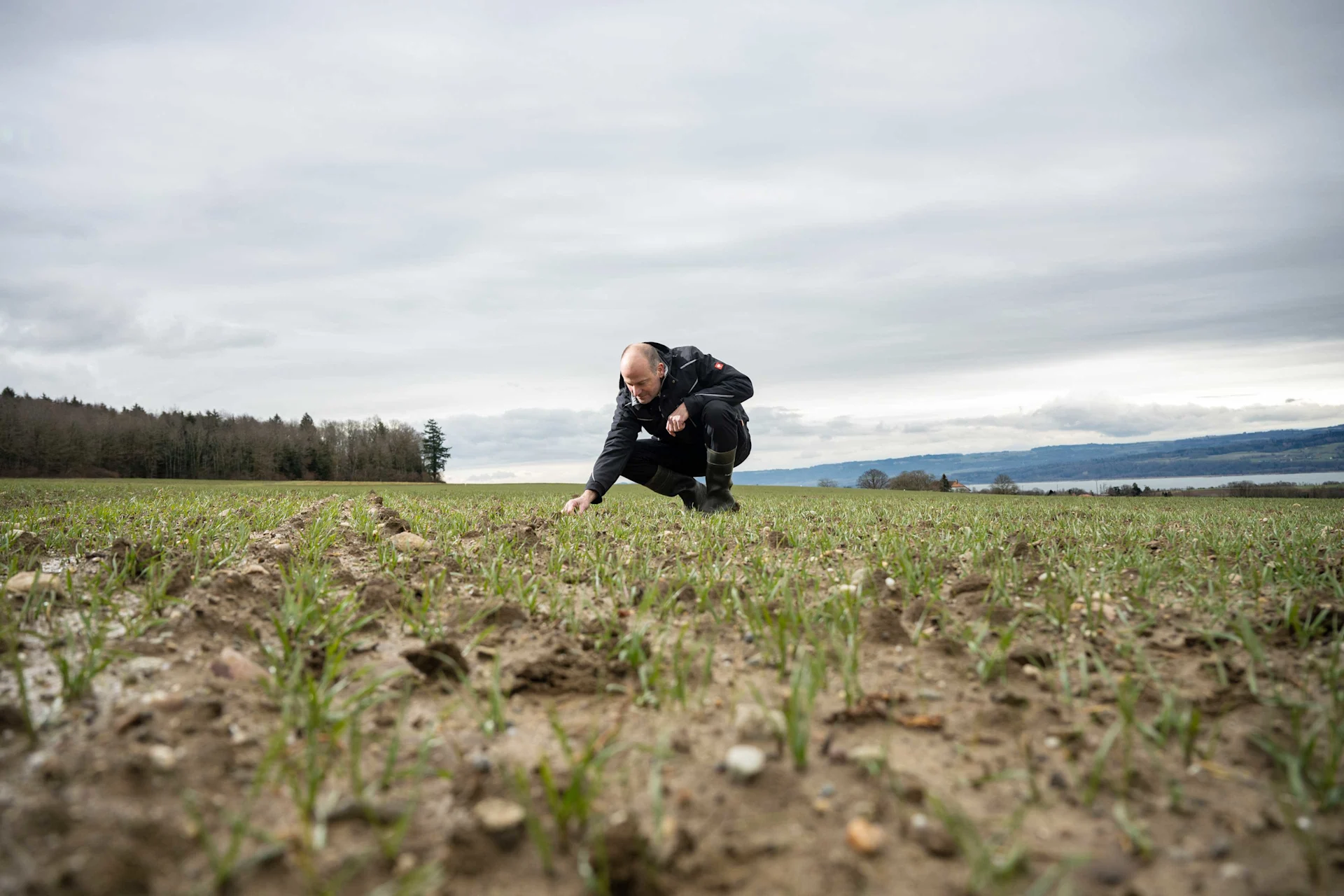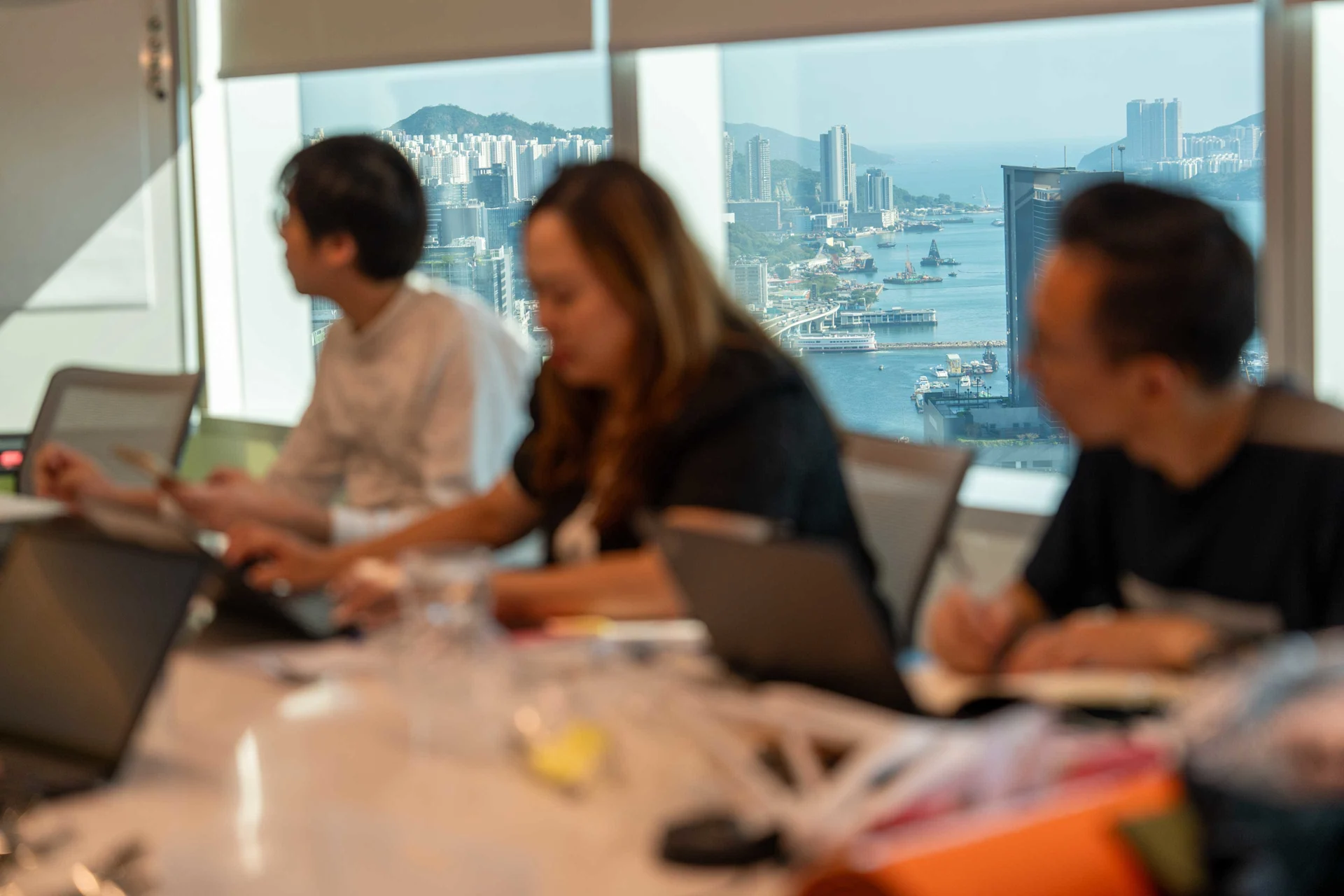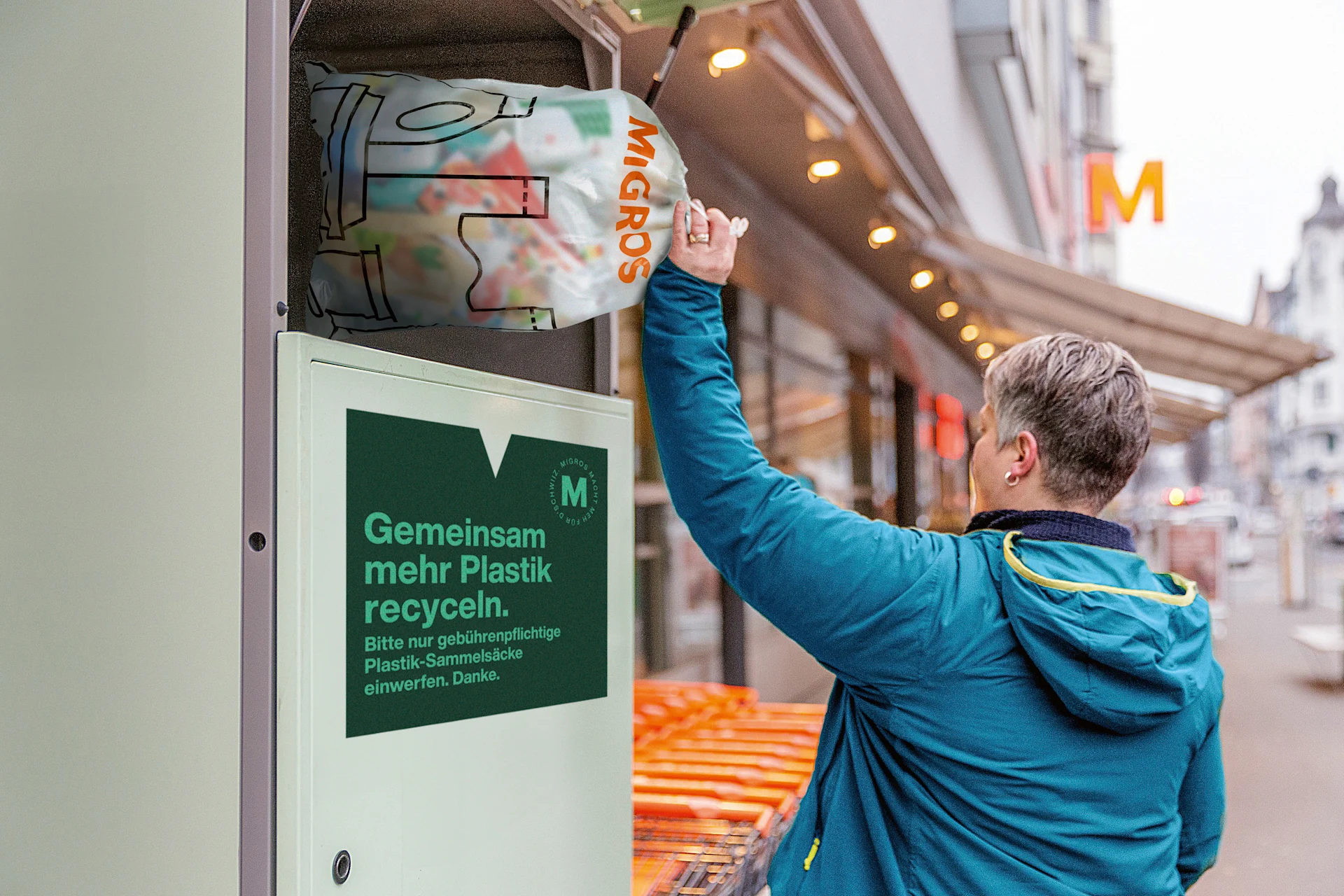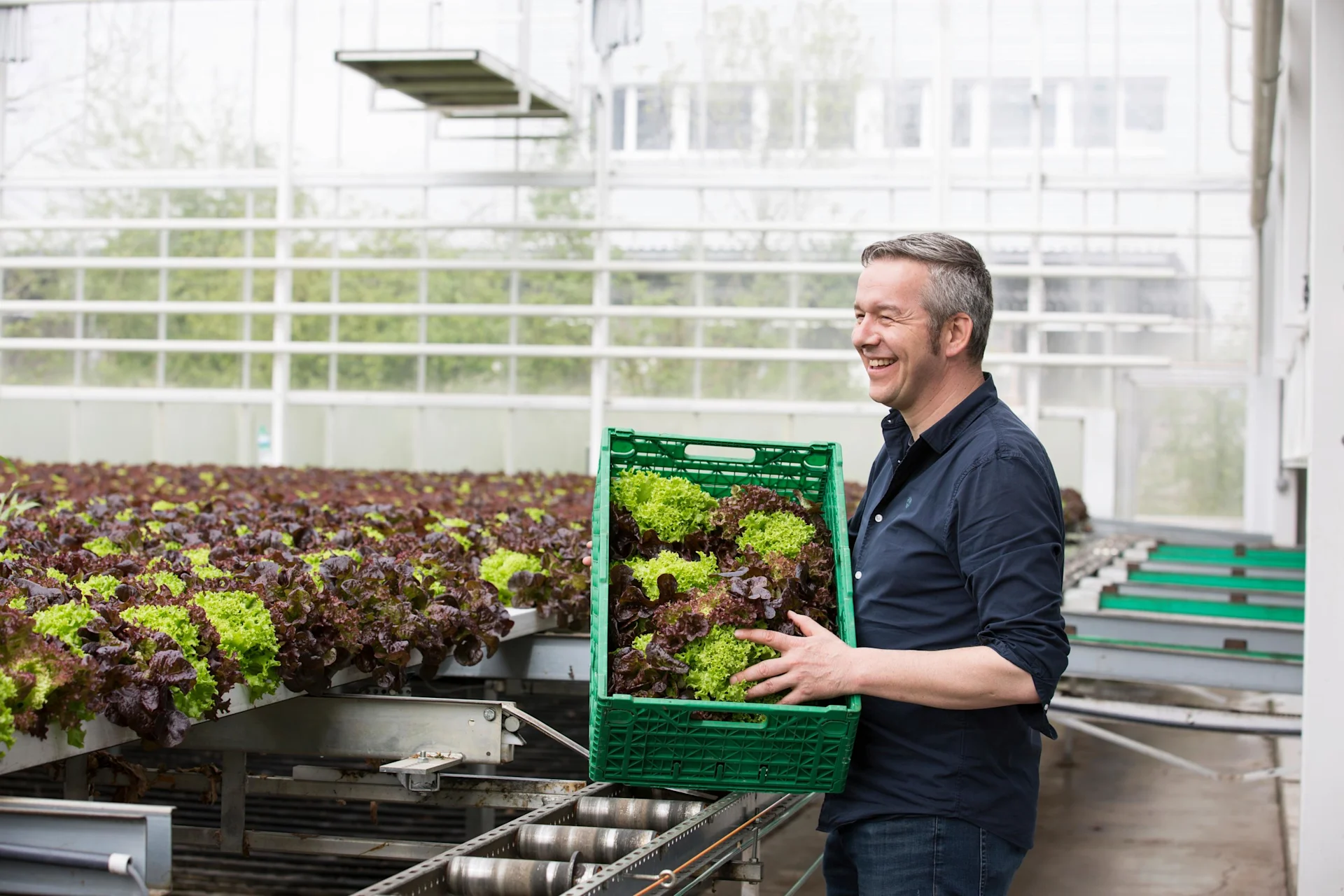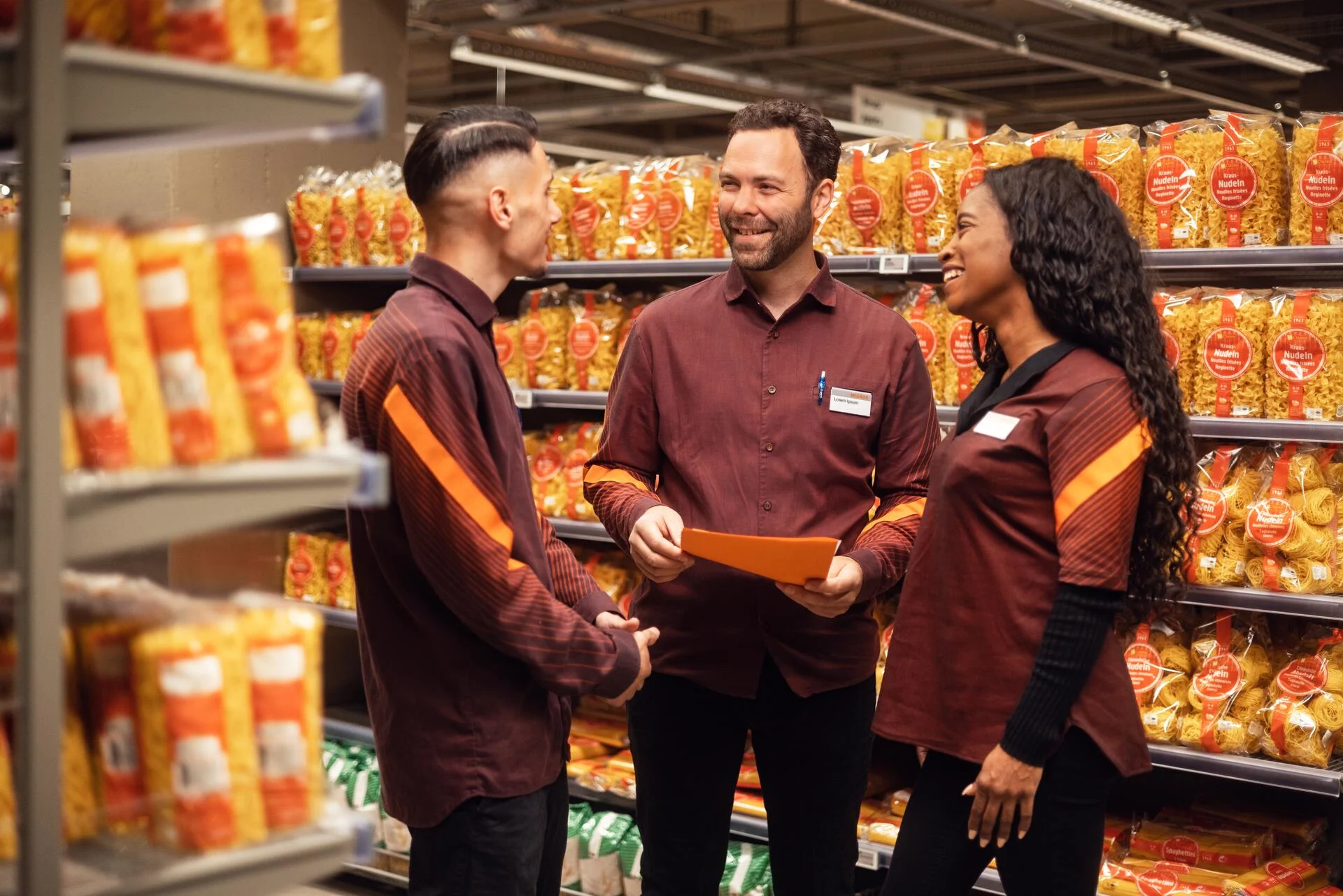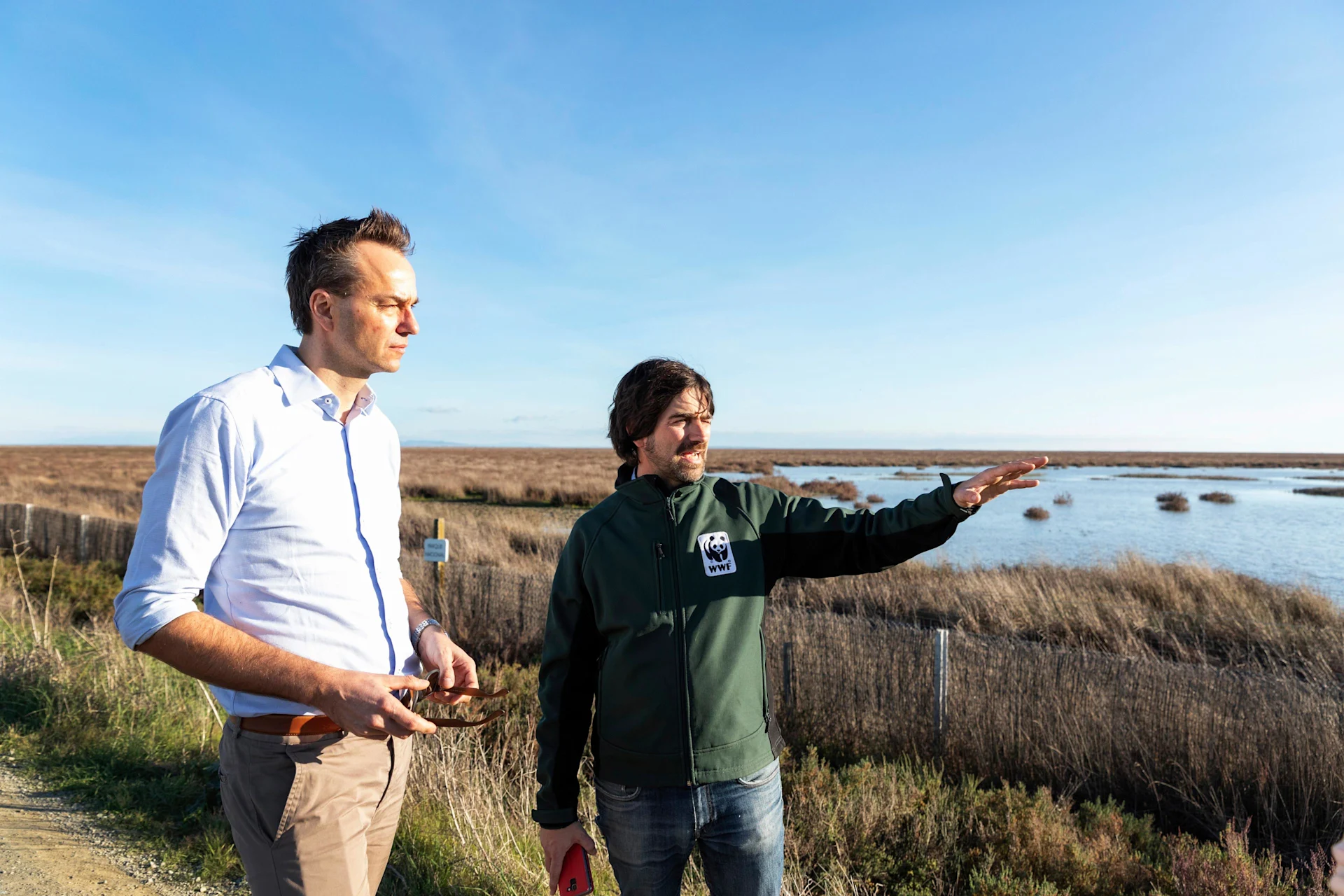Sustainability governance
Managing sustainability
Sustainability governance
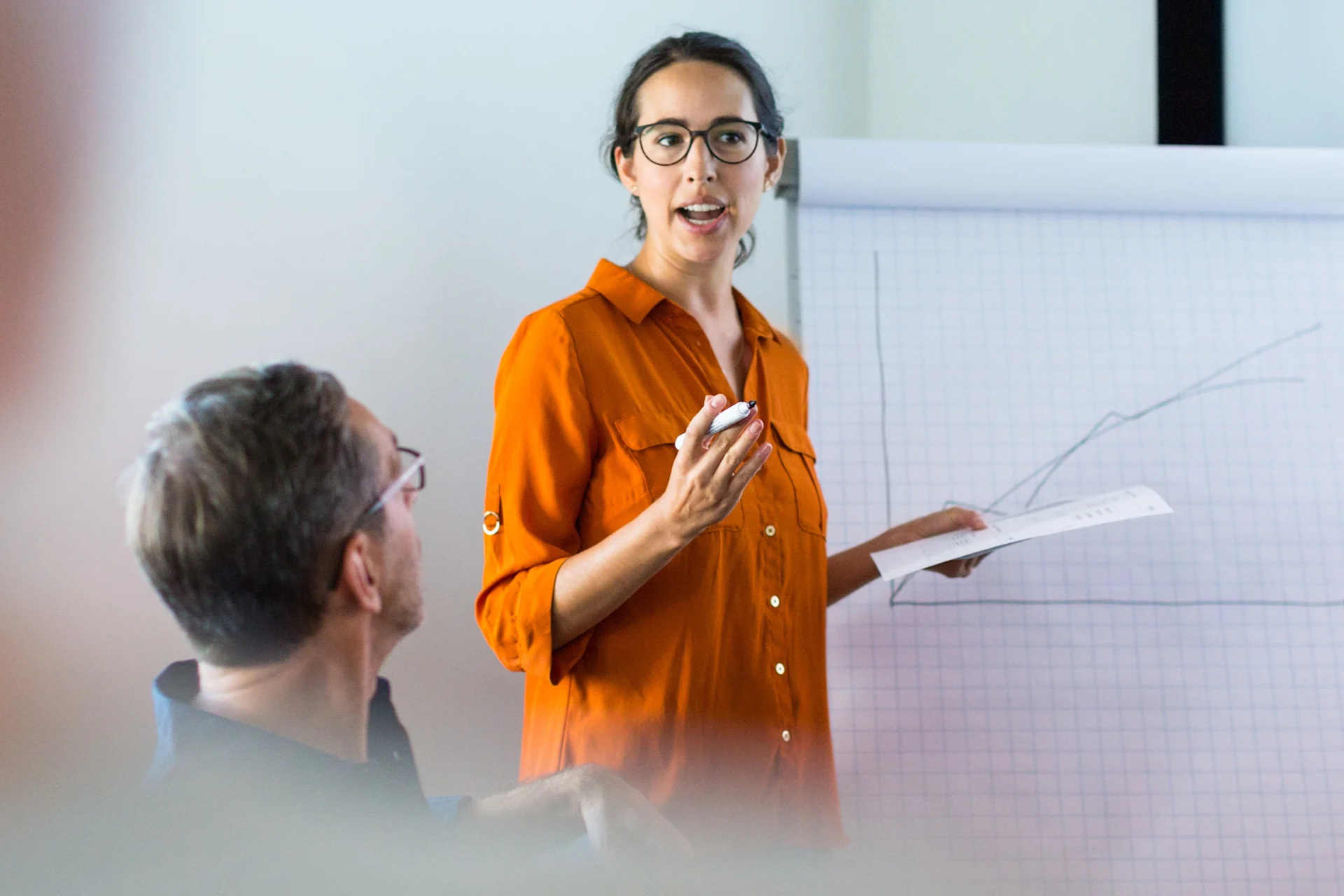
We understand sustainability governance as the management, firmly rooted in the company, of our sustainability-related activities. It is closely linked to our strategy and ensures that we do the right things in the right way. Responsibilities are clearly defined at all levels.
A holistic approach
Sustainability at all levels
The ultimate strategic responsibility for our sustainable management lies with the Board of Directors of the Federation of Migros Cooperatives (FMC).
The FMC Board of Directors delegates responsibility for sustainability issues to the Head of the Sustainability and Economic Policy department, who reports directly to the President of the FMC Executive Board.
The Executive Board approves the sustainability strategy including the key topics from the materiality analysis.
The FMC Board of Directors and the Assembly of Delegates also approve our Annual Report, which constitutes part of our sustainability reporting.
Our sustainability departments and the FMC Executive Board are in regular contact with each other. The FMC Board of Directors is also kept informed of progress, as sustainability is a core element of our Group strategy.
Operational organisation
Several teams with around 19 FTEs are working within the Sustainability and Economic Policy division. As well as focusing on strategic alignment with regard to sustainability, they also provide our companies with technical expertise and support on the implementation of projects.
The Sustainability department also coordinates implementation of the Sustainability Strategy with other departments in the Migros Group, such as the Sustainability department at Migros Supermarket Ltd.
The Sustainability core group manages and coordinates the priorities based on the sustainability strategy. The team consists of representatives from our business units and companies and is led by the Sustainability and Economic Policy department of the Migros Group.
Decisions on measures are made at the appropriate level and are taken by the responsible committees.
Managing our objectives and targets
Once a year, we carry out centralised sustainability controlling managed by the FMC, checking the status of both the Migros Group requirements and the individual objectives of our companies.
The purpose of sustainability controlling is to transparently present the progress on our sustainability mission statement, our Group-wide strategic framework in the area of sustainability. All sustainability targets must therefore be measurable and given deadlines. We generally work with five-year targets.
Each requirement and each target has its own strategic key performance indicators (KPIs), which we use to measure and evaluate progress using a traffic light system. Clearly defined annual intermediate targets (target values) help us to do this.
Data is collected using a Group-wide sustainability database. We perform a multi-stage plausibility check on all data before it is included in the internal progress report.
The internal progress report transparently presents the controlling results for internal decision-makers, such as the Board of Directors or the FMC Executive Board, enabling us to make course corrections at an early stage if necessary.
We regularly inform the FMC Executive Board and Board of Directors regarding the degree of implementation of the strategy and key projects as well as current developments, such as sustainability trends in the industry and the political sphere – and their significance for us.
Achieving more together
Because we believe that we can achieve more together than alone, we regularly exchange ideas with numerous stakeholders at the regional, national and international levels. This dialogue gives us ideas and helps us to continuously improve our company. We are always open and interested and communicate on an equal footing.
We also support sustainable projects through partnerships and memberships, advocate sustainable solutions at the political level and are actively involved in associations. Our aim is to contribute to the sustainable development of society together with our stakeholders – not just in Switzerland, but worldwide.
These are our stakeholders and this is how we exchange ideas:
We have identified our most important stakeholder groups based on their interest in the Migros Group and their influence on our company.
Customers
We have very different points of contact with our customers. In addition to direct contact with our employees at the branches, we actively collect feedback from our customers online. This is essential in enabling us to continuously improve our products and services.
We use these channels to exchange information:M-Infoline
Migros customer service
Our websites (e.g. involvement measures, feedback)
Migipedia, the Migros community
Social media (Facebook, X [formerly Twitter], Instagram, LinkedIn, YouTube, Pinterest, BeReal, TikTok)
Market research, surveys and monitoring
Employees
As an exemplary employer, we create the conditions for a motivating and performance-oriented working environment that attracts the best people. Migros regularly informs its employees about the company’s strategic goals, economic situation and current challenges. It encourages employee participation in decision-making processes and supports the exchange of ideas, experiences and feedback. And last but not least, our employees are our ambassadors to the outside world concerning sustainability and other issues.
This is how we get into conversation and stay in conversation:Information events (online and in-person)
Internal social media and news channels
Trainings
Employee surveys
Cooperative members
We have a commitment vis-à-vis our cooperative members to create values that ensure the long-term and independent continued existence of Migros. All cooperative members are equal co-owners of their regional cooperative. In the annual ballot, members decide on the approval of the Annual Financial Statements, the use of retained profits and the discharge of the bodies. Every four years, the statutory bodies are elected. Members are regularly informed about the latest news in their regions via the cooperative’s own media and the cooperative councils.
This is where we come together to exchange ideas:
National and regional delegates’ meetings
Forum Elle
MGB Annual Report working group
Suppliers and other business partners
Based on free market economics and performance-based competition, we seek to collaborate directly with our suppliers. We steadily improve products and services, promote the health and well-being of the population and also set environmental and social standards in our working and production conditions.
This is how we exchange ideas with each other:Meetings
Innovation processes
Trainings
Events
Communities of interest
Non-governmental organisations (NGOs)
We are a member or partner of various NGO networks, such as the WWF and Swiss Animal Protection (STS). We also meet with various NGOs for regular dialogue in order to understand their concerns. We discuss and address challenges and elaborate solutions together through a variety of projects.
This is where we enter into dialogue:(Annual) meeting
Participation in surveys
Joint projects
Public authorities and politics
We maintain a regular and constructive dialogue with the authorities and politicians on topics such as the circular economy. We inform them about our activities, take a stand on relevant issues and take their concerns into account. In doing so, we represent the interests of our cooperative members, our customers and our employees.
We conduct dialogue in the following ways:Meetings
Collaboration in working groups
Statements on bills
Media professionals
As the largest retailer in Switzerland, media outlets are keen to speak to us. We proactively maintain contact with media representatives to ensure transparent communication.
This contact is established in the following ways:
Inquiries to national and regional media offices
Publication of press releases
Organisation of media events such as the annual media conference
Science
We promote scientific research, for example to improve raw materials and foodstuffs and to further develop processing methods. Our specialists are in close contact with universities, universities of applied sciences and other research institutions. In addition, our strategic sustainability goals are based on scientific findings.
Our dialogue takes place on this basis:Cooperation in the context of (research) projects and studies
Transparency with the GRI Index
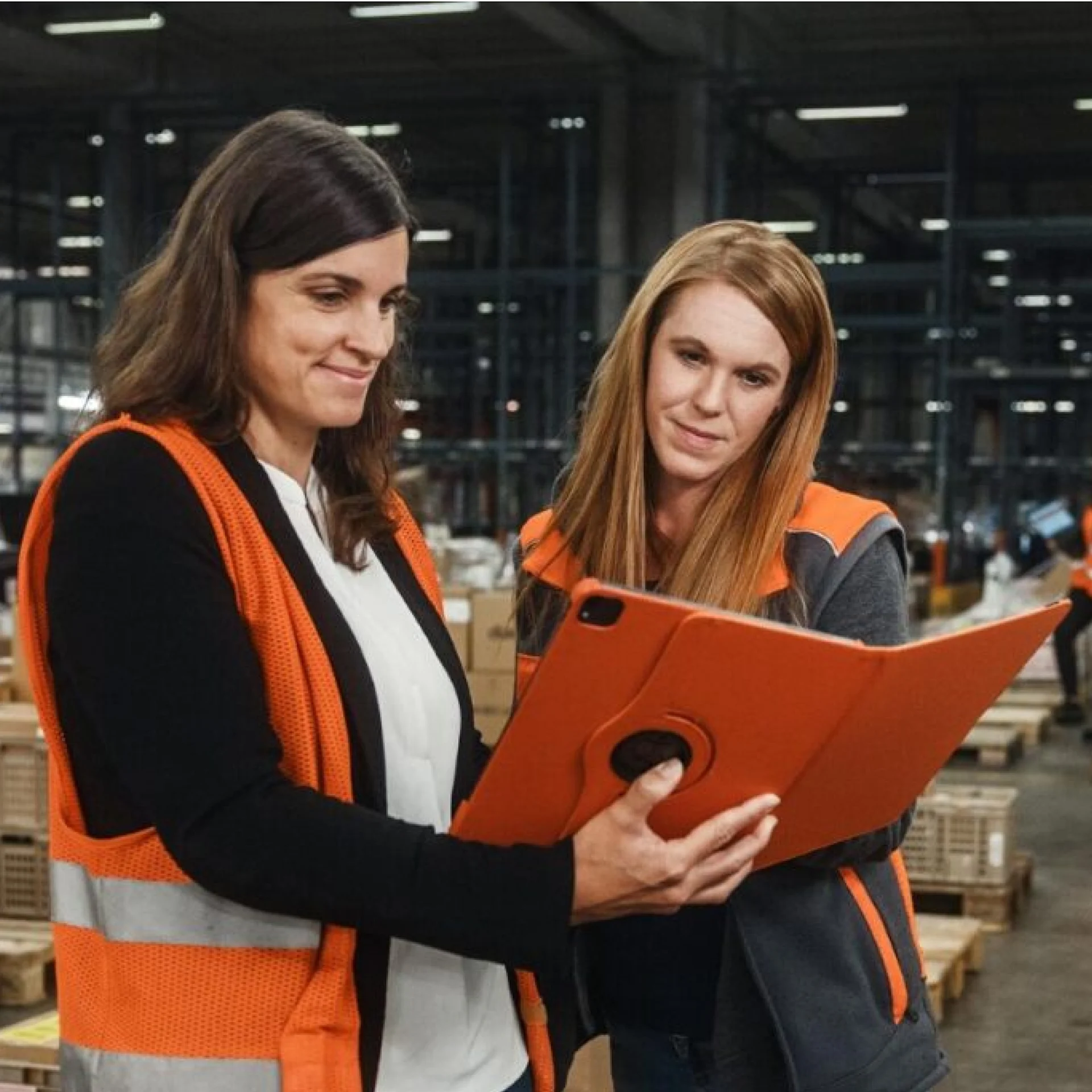
We report on our commitment to sustainability in an open, transparent and comparable manner in accordance with the standards of the Global Reporting Initiative (GRI). Get an overview of the status of GRI-related content here.
Total commitment to sustainable success
We take responsibility for people, the environment and society. Find out more in our stories.

